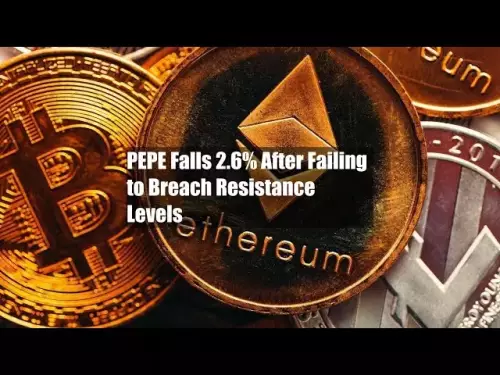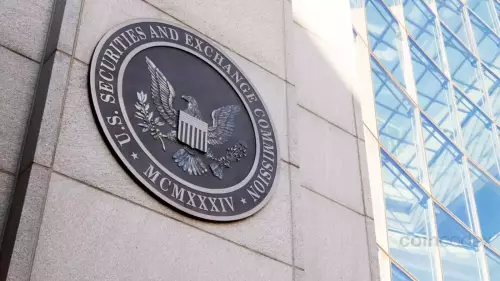 |
|
 |
|
 |
|
 |
|
 |
|
 |
|
 |
|
 |
|
 |
|
 |
|
 |
|
 |
|
 |
|
 |
|
 |
|
Cryptocurrency News Articles
Nick Szabo, Bitcoin Core v30: A Legal Minefield?
Sep 29, 2025 at 07:34 pm
Nick Szabo breaks his silence on Bitcoin Core v30, sparking debate over legal risks and blockchain bloat. Is the upgrade a step forward or a potential trap?

The Bitcoin world's buzzing, and not just about price swings. Bitcoin pioneer Nick Szabo recently emerged from a five-year social media hiatus to drop some serious knowledge on the upcoming Bitcoin Core v30 update. Buckle up, because this ain't your average tech upgrade.
OP_RETURN: Pandora's Box?
The heart of the matter? The OP_RETURN opcode. This feature lets users embed data within Bitcoin transactions. The update proposes boosting the data limit from a measly 80 bytes to a whopping 4 megabytes. Sounds cool, right? Not so fast.
Bitcoin purists are sweating, worried about blockchain bloat and misuse. They argue Bitcoin should stick to its financial knitting. Maximalists, on the other hand, say paying fees should grant freedom to use block space as desired. It's a classic crypto showdown.
Szabo's Legal Concerns: A Red Flag?
Szabo's return throws a wrench into the works, particularly regarding legal risks. He points out that while transaction fees act as a “spam filter” for miners, they don't shield full node operators from potential legal liability. Imagine running a node and stumbling upon, shall we say, *unsavory* content. Yikes.
He raises the question: What happens when full node operators become aware of illegal content on the blockchain? Do they then have knowledge that could make them liable?
Szabo acknowledges that OP_RETURN data is “prunable,” potentially reducing legal risks. However, he cautions that illegal content in a standard format could attract unwanted attention from courts and regulators. It's a double-edged sword.
Community Divided: Chaos or Progress?
The community's split. Some fear Bitcoin Core v30 could open the door for explicit content and "kill Bitcoin." Others wave it off as mere exaggeration, or even accuse the opposition of using CSAM as a fear, uncertainty and doubt (FUD) tactic.
A Personal Take: Walking the Tightrope
Here's my two sats: Szabo's concerns are legit. The legal landscape surrounding blockchain tech is still murky, and node operators could inadvertently become targets. However, stifling innovation for fear of hypothetical legal risks isn't the answer either. The key is finding a balance – fostering innovation while implementing safeguards against abuse and potential legal pitfalls.
We need clear guidelines and perhaps even legal frameworks that address the unique challenges posed by decentralized technologies. Relying solely on miners and fees might not cut it in the long run.
The Road Ahead: Navigate Carefully
Bitcoin Core v30 is more than just a tech upgrade; it's a potential legal minefield. Whether it's a step forward or a stumble remains to be seen. One thing's for sure: the conversation's just getting started. And with Szabo back in the mix, things are about to get a whole lot more interesting. So, HODL on tight, folks – it's gonna be a wild ride!
Disclaimer:info@kdj.com
The information provided is not trading advice. kdj.com does not assume any responsibility for any investments made based on the information provided in this article. Cryptocurrencies are highly volatile and it is highly recommended that you invest with caution after thorough research!
If you believe that the content used on this website infringes your copyright, please contact us immediately (info@kdj.com) and we will delete it promptly.






























































